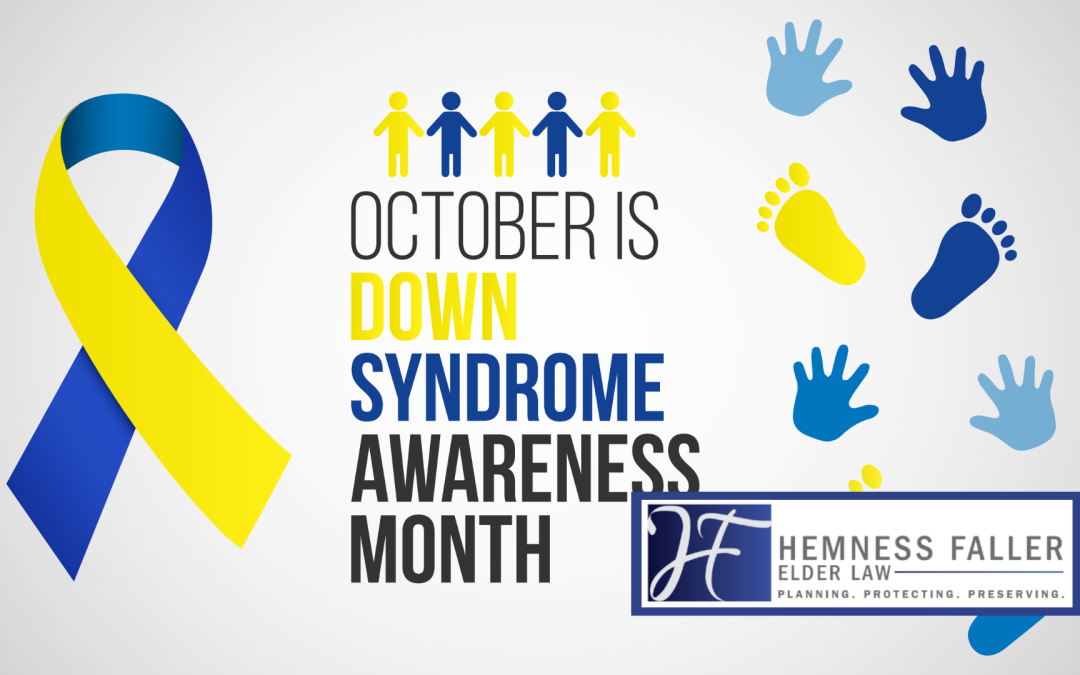In our last blog, we discussed some of the penalties and consequences associated with those guilty of elder abuse and exploitation. But who are the primary perpetrators of elder abuse? And what are the signs to look for when exposing elder exploitation?
Elder exploitation can be perpetrated by various individuals or groups.
It’s important to note that elder exploitation can occur in various forms and through different relationships. While it is important to remember that not everyone in these roles engages in elder abuse, some of the most common types of elder exploiters or perpetrators include:
- Family Members: Sadly, elder abuse can occur within families. Adult children, grandchildren, or other relatives may exploit their elderly family members financially, emotionally, or physically.
- Caregivers: Professional caregivers, both in-home and in institutional settings, can sometimes take advantage of their positions of trust. They may exploit elders by misappropriating funds, neglecting their care, or engaging in other forms of abuse.
- Scammers and Fraudsters: Con artists and scammers often target vulnerable elderly individuals. They may use various schemes such as telemarketing fraud, identity theft, or sweepstakes scams to deceive and exploit seniors for financial gain.
- Professionals in Positions of Trust: Individuals who have access to an elder’s finances or assets, such as financial advisors, lawyers, or trustees, can exploit their positions to manipulate or steal from older adults.
- Friends and Acquaintances: Close friends or acquaintances may exploit elders by taking advantage of their trust and manipulating them financially, emotionally, or through other means.
What should you look for when suspecting elder exploitation?
Elder abuse and exploitation refer to harmful actions or mistreatment targeting older adults, often characterized by acts of physical, emotional, financial, or sexual abuse, neglect, or abandonment. Here’s a brief explanation of each:
- Abuse: Elder abuse encompasses various forms of mistreatment inflicted upon older individuals, typically aged 60 or above. It can involve physical abuse (inflicting pain or injury), emotional or psychological abuse (intimidation, humiliation, or isolating the elderly person), sexual abuse (non-consensual sexual contact), or neglect (failure to provide necessary care, such as food, shelter, or medical attention).
- Exploitation: Financial exploitation involves unauthorized or improper use of an elderly person’s financial resources, assets, or funds for personal gain. This can include stealing money, forging signatures, coercing the senior into changing wills or signing contracts, or scamming them through fraudulent schemes.
Elder abuse and exploitation are serious issues that can cause significant harm to older adults, affecting their well-being, dignity, and quality of life. It is crucial to raise awareness, recognize the signs of abuse, and take appropriate steps to prevent and address elder abuse in order to protect vulnerable seniors and ensure their safety and welfare. Safeguarding the well-being and interests of elderly individuals requires awareness, vigilance, and supportive communities that prioritize the protection of seniors. With this information, you are better equipped to help in exposing elder exploitation and putting a stop to it.
Do you suspect a senior or other vulnerable citizen is being exploited?
If you suspect elder abuse or exploitation, it is crucial to report it to the appropriate authorities or helplines for intervention and assistance.
The experienced team of attorneys here at Hemness Faller, The Law Office formerly known as Emma Hemness, P.A., are here for you and your family and we want to be YOUR estate planning and elder law attorneys. After all, we are ordinary people, providing extraordinary guidance backed by years of experience and advocacy for the vulnerable citizens in our community. We encourage you to contact us and schedule a meeting.






